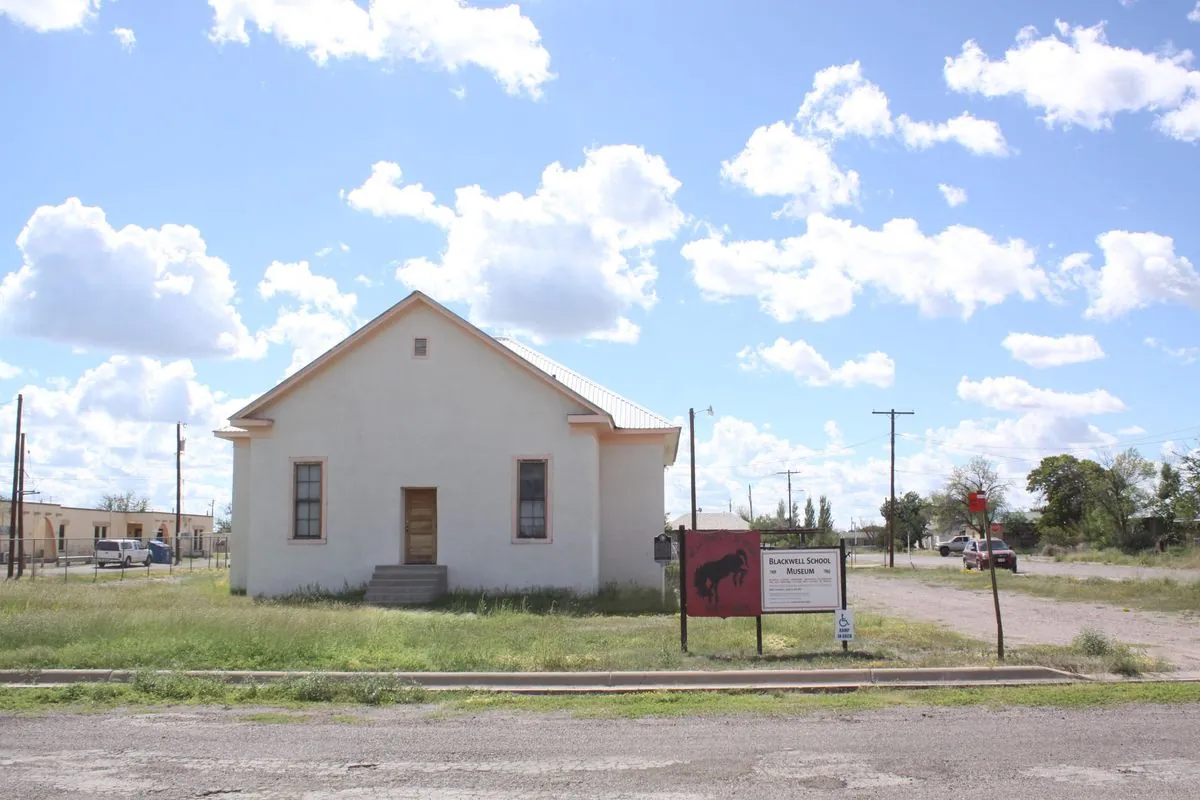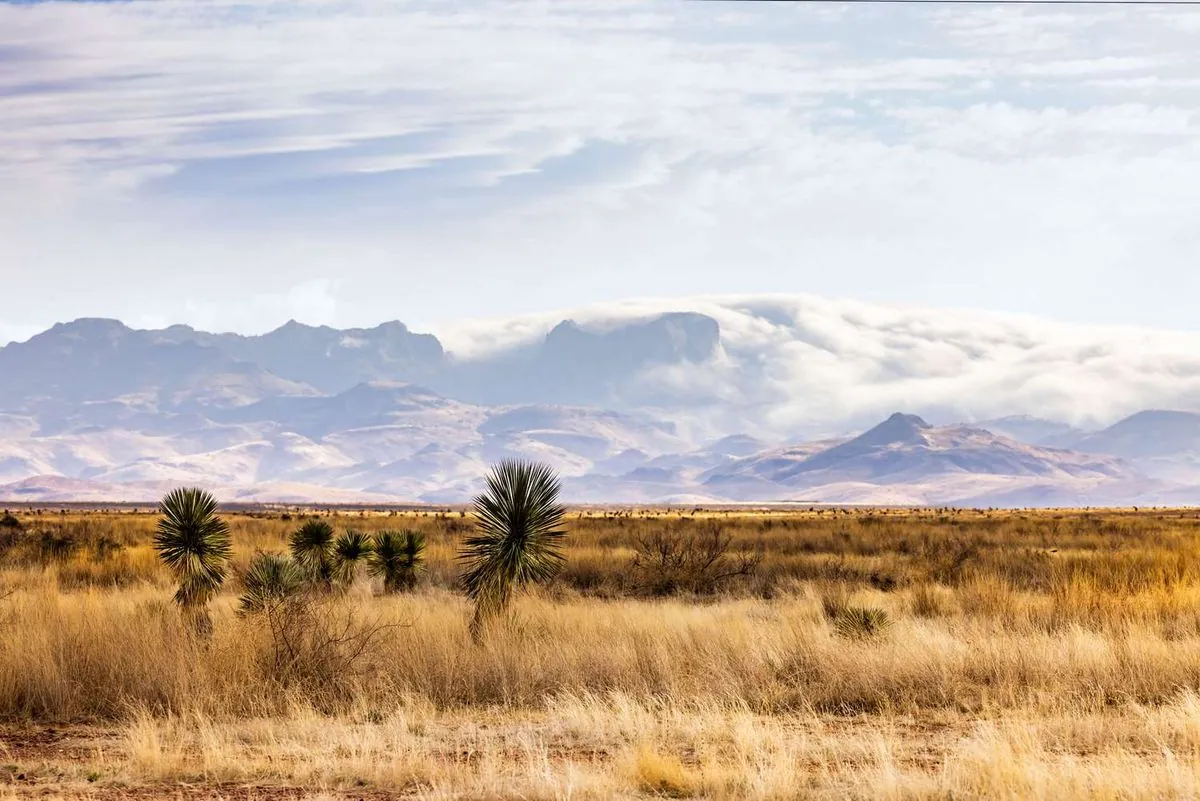Blackwell School: From Segregation Symbol to National Park Triumph
Marfa's Blackwell School, once a symbol of educational segregation, is now celebrated as a national park site. Former students gather to honor their resilience and preserve Latino heritage for future generations.

In a significant milestone for Latino history, the Blackwell School in Marfa, Texas, has been officially designated as a national park site. This transformation, celebrated yesterday at the start of Hispanic Heritage Month, marks a pivotal moment in recognizing the complex journey of Mexican and Mexican-American students in the American education system.
The Blackwell School, operational from 1909 to 1965, stands as a testament to the era of de facto segregation in the United States. During this period, Latino students were educated separately from their Anglo peers, mirroring the racial divisions prevalent in the South. The school's adobe-style building, with its barrack-like classrooms, now serves as a powerful reminder of this challenging chapter in American history.

Despite the discriminatory practices, including the prohibition of Spanish and the use of secondhand textbooks, former students recall a mix of experiences. Tony Cano, who attended Blackwell in the early 1950s, shared memories of both harsh disciplinary measures and caring teachers. The school's principal, Jesse Blackwell, made efforts to improve opportunities for students by creating an interscholastic league for "Mexican schools" in the region.
The preservation of Blackwell School is largely due to the efforts of its alumni. In 2006, when faced with the threat of demolition, former students like Joe Cabezuela rallied to save the building. Their dedication led to a long-term lease agreement with the local school board and eventually to national recognition.
"I am glad that it wasn't torn down. It will show the next generation that it was not always easy for their parents or grandparents to get educated."
The school's journey from a symbol of segregation to a celebration of resilience culminated in its official incorporation into the National Park System in July 2024. This makes Blackwell only the third national park site dedicated to modern Latino history, joining the Cesar Chavez National Monument in California and the Chamizal National Memorial in El Paso.
At yesterday's ribbon-cutting ceremony, attendees were treated to performances by a mariachi band and ballet folklórico dancers, showcasing the rich cultural heritage of the region. The event highlighted how the Blackwell School has evolved from a place of educational inequality to a symbol of triumph over adversity.
As visitors explore the preserved schoolhouse and band hall, they encounter photographs, memorabilia, and interpretive panels that tell the story of the Blackwell School. These artifacts serve not only as reminders of past injustices but also as testaments to the strength and perseverance of the Latino community in Marfa and beyond.
The Blackwell School's new status as a national park site ensures that this important piece of American history will be preserved for future generations. It stands as a powerful educational tool, offering insights into the complexities of the nation's past and the ongoing journey towards equality and justice.


































